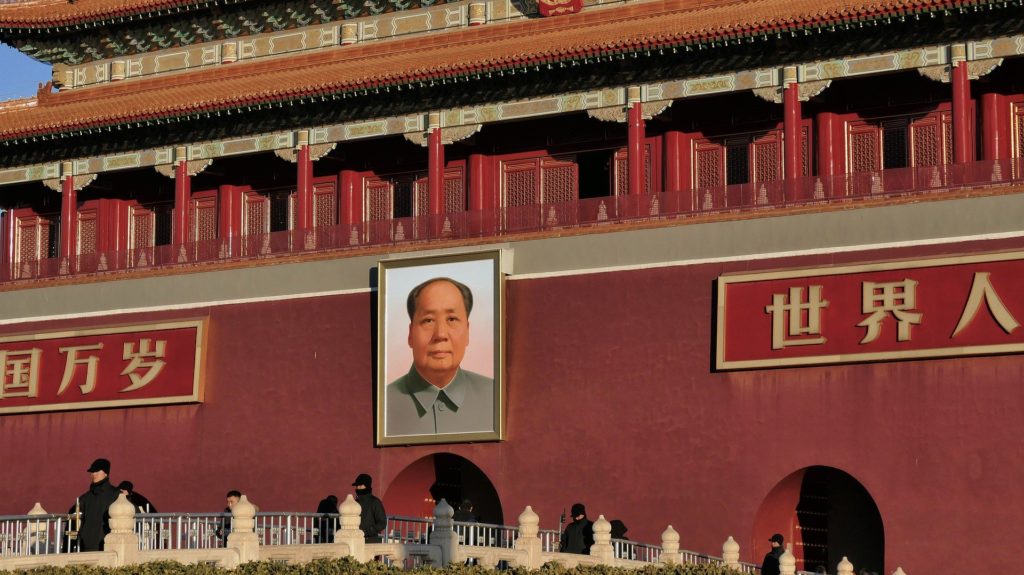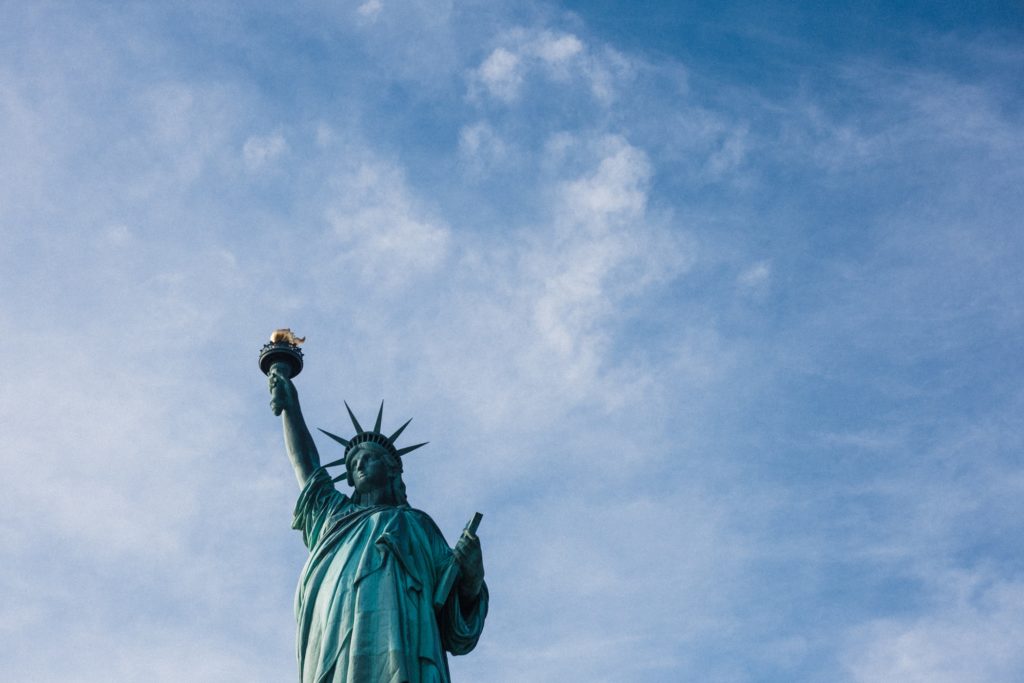Today in my country of America, there is mistrust and division between the Republican and Democratic Parties. Different visions of the world are maligned by their respective opponents. However, I believe not all the political disagreement in the public sphere in the U.S. today is a bad thing. History demonstrates that being shielded from criticism and debate leads to evil consequences.

The history of Mao Zedong and China during the Great Leap Forward (1958 – 1962) provides lessons for the United States today. China experienced a man-made famine because its totalitarian state punished those who spoke truth. This is a danger intrinsic to the totalitarian, one-party system, one of which Anna Halpine, founder of WYA, was cognizant. She greatly admired Václav Havel, a Czech hero who opposed communist totalitarianism in eastern Europe. In his famous essay, “The Power of the Powerless,” Havel observed that in a totalitarian state, “the center of power is identical to the center of truth.” Criticism is treated as an existential threat.
Mao Zedong was one of the founders of the Chinese Communist Party (CCP) in 1921 and considered a revolutionary hero by 1949. In 1958, Mao pushed the Chinese people to surpass Great Britain’s economic production to showcase the superiority of his brand of communism over capitalism. To achieve this end, unattainable economic goals were set. Farmers were recklessly diverted from food production to steel industry and infrastructure. This meant famine.
When concerned party members spoke realistically about what the economy could produce and dared contradict the party propaganda of The People’s Daily, the state-owned newspaper, Mao treated their candidness as a personal affront and political subversion. For “splitting the party,” the offender would be forced “to declare his stand,” “expose his thoughts,” and “bare his heart to the party” in the hopes of retaining his livelihood.[1]
Consequently, false reporting and silence abounded. Ravenous and malignant party elites demanded quantities of grain the citizenry could not supply. Starvation ensued as the Party plundered from its malnourished people for four years. Respected journalist Yang Jisheng and historian Frank Dikötter estimate that no less than thirty-six to forty-five million people lost their lives due to starvation and violence.
If more people had spoken the truth and sought to remove Mao from power, tens of millions of lives would have been saved. With few exceptions, no one spoke publicly against the Great Leap Forward since livelihood and security flowed from an unapproachable and insecure Mao.

In a one-party, ideologically uniform system, there is no check upon the abuses of state leadership. This has disastrous consequences. The all-powerful party strives to coerce people to believe, or feign belief, in the efficacy of its policies despite the clear evidence of its intellectual and moral bankruptcy. Under the rule of the CCP, this evidence was mass-famine. Broaching criticism was only allowed until too late. In every age, there needs to be openness to consider others’ input without punishing and silencing them. The pursuit of human excellence requires this.
As long as freedom to speak the truth is protected by both its parties, the United States will always be in a better place than if ruled by a monolithic power without such liberty. No one party is in command of the whole truth.
[su_divider top=”no” size=”1″ margin=”10″]
Published: July 25, 2020
Written by Justin Lombardi, a WYA North America Intern
Resources:
[1] Yang Jisheng. Tombstone: The Great Chinese Famine, 1958-1962 (New York: Farrar, Straus and Giroux, 2013): 19, 104.







